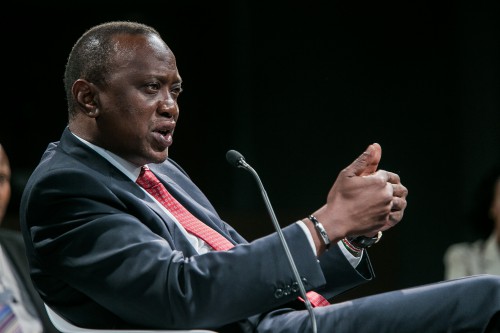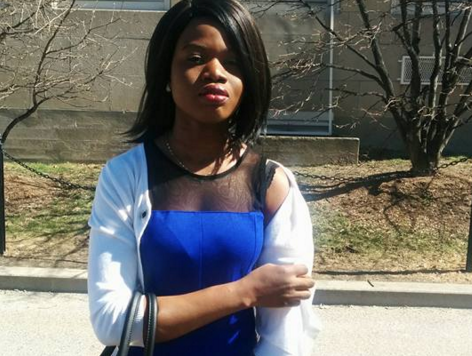The president of Kenya, Uhuru Kenyatta, has officially been charged by the International Circuit Court for allegedly inciting violence during the 2007 presidential elections which resulted in the death of 1,000 people and left 60,000 displaced during an ethnically motivated conflict, according to Al-Jazeera News.
Kenyatta, who is facing five counts of crime against humanity, made an appearance before the International Circuit Court, which is located in the Hague, Netherlands, on Oct. 7 after a request for a video hearing was denied by the court. According to Al-Jazeera News, Kenyatta refused to speak before the court during the hearing. His lawyer, Stephen Kay spoke on his behalf instead.
BBC News reports that upon Kenyatta’s arrival in the Netherlands, dozens of supporters and other members of parliament welcomed him. Though he went to Netherlands as a private citizen, his arrival was anything but non-presidential.
Before Kenyatta traveled to the Netherlands for the hearing, he made a national address where he maintained his innocence and temporarily handed over power to the vice president, William Ruto. The Guardian reports that he did so because he did not want to go on record as the first sitting president to appear before the ICC on charges of crime against humanity.
However, the case against Kenyatta is weakening as time goes by because of the lack of evidence, according to reports from The Guardian. Seven witnesses have dropped out so far and it has been alleged that it was because of bribery and threats against witnesses by the Kenyan government, according to Al Jazeera News.

Al Jazeera News reported that the prosecution stated that it would be difficult to take the case to trial because the Kenyan government has refused to cooperate with them. According to the prosecutors, the Kenyan government is holding off documents like phone and bank records that were requested by the court.
Kenyatta’s lawyers on the other hand said that it refused the courts requests in certain instances, because the prosecution’s request for those documents is nothing but a “fishing expedition designed to cover up the prosecution’s lack of evidence.”
Kenyatta is not the only person in his country facing charges of crime against humanity. Ruto, and a Kenyan radio presenter, are also facing the same charges because they allegedly contributed to the violence between ethnic groups during the 2007 elections, according to Al Jazeera News.
With the lack of evidence, the decision of sending the case to trial has sparked a lot of debate. The panel of judges, which is led by Kuniko Ozaki, is expected to deliver a decision on whether to drop the charges or take the case to trial in the weeks ahead, Al Jazeera News said.
In the wake of these events, the Kenyan parliament voted in September to withdraw from the ICC after requests to drop the charges against the president had failed. However, CNN reports that will take a while, as the UN has to be notified first. The ICC has said that the case will continue despite the Kenyan government’s withdrawal efforts.







